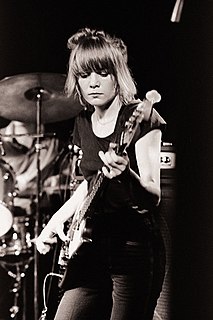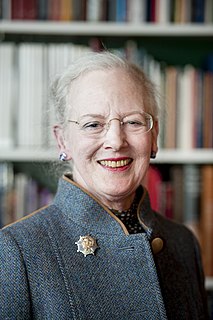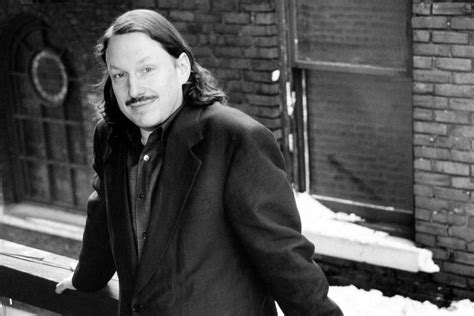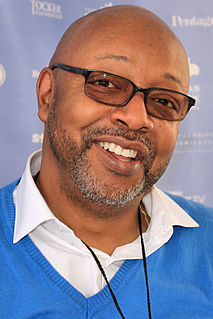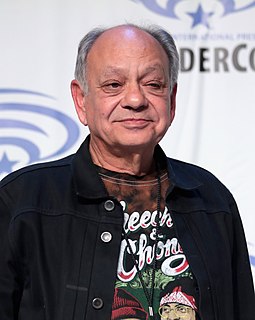A Quote by Tina Weymouth
David is purely a conceptual artist. He didn't play any instruments or paint or anything. We were painters.
Quote Topics
Related Quotes
We might adapt for the artist the joke about there being nothing more dangerous than instruments of war in the hands of generals. In the same way, there is nothing more dangerous than justice in the hands of judges, and a paint brush in the hands of a painter! Just think of the danger to society! But today we haven't the heart to expel the painters and poets because we no longer admit to ourselves that there is any danger in keeping them in our midst.
What makes someone an artist? I don't think is has anything to do with a paintbrush. There are painters who follow the numbers, or paint billboards, or work in a small village in China, painting reproductions. These folks, while swell people, aren't artists. On the other hand, Charlie Chaplin was an artist, beyond a doubt. So is Jonathan Ive, who designed the iPod. You can be an artist who works with oil paints or marble, sure. But there are artists who work with numbers, business models, and customer conversations. Art is about intent and communication, not substances.
At that time, 73 and 74, I became aware that there were a number of us making instruments. Max Eastley was a good friend and he was making instruments, Paul Burwell and I were making instruments, Evan Parker was making instruments, and we knew Hugh Davies, who was a real pioneer of these amplified instruments.
Any work of art represents a series of conscious choices on the part of the artist - what color to paint, what note to play, what word to use - in that artist's attempt to share what is in his or her soul. The audience is free to accept or reject those choices; it is emphatically not free to substitute its own.
I don't think that writers or painters or filmmakers function because they have something they particularly want to say. They have something that they feel. And they like the art form; they like words, or the smell of paint, or celluloid and photographic images and working with actors. I don't think that any genuine artist has ever been oriented by some didactic point of view, even if he thought he was.
